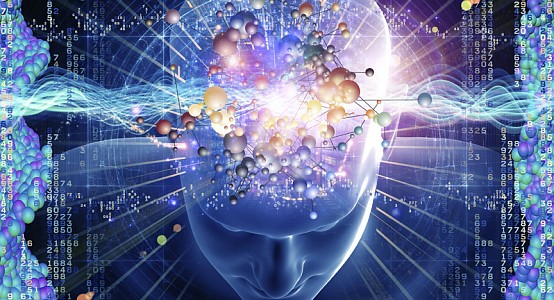Chinese scientists develop a helmet that can strengthen brain power

Beijing. Jul 26. Silkroadnews - Chinese scientists are developing a helmet to improve the brain function by monitoring and regulating brain waves and using artificial intelligence technologies, the People’s Daily reports.
Wei Pengfei, from the Shenzhen Institute of Advanced Technology (SIAT) of the Chinese Academy of Sciences, said his team is developing a system for improving brain functions to improve the brain’s ability to perform complex tasks and regulate abnormal emotions.
The helmet can be used to train special personnel to improve memory and speed up the formation of skills and reduce anxiety caused by stress.
It is also expected that this technology will help treat children with ADHD (deficit hyperactivity disorder) and people suffering from depression, Alzheimer’s disease, aphasia and Parkinson’s disease, Wei said.
The helmet is based on non-invasive technology of stimulation and regulation of the brain. It uses flexible electrode sensors to identify brain waves when the brain performs various tasks. Then the electrodes release weak current pulses that can reach certain areas of the brain, altering brain waves and regulating the active state of its neurons.
“Since brain tissue is very complex, we need to build a computer model first, and then determine the target area and parameters for stimulation,” the agency quoted Wei saying.
The AI algorithm reads brain activity in real time and calculates the stimulation parameters to achieve precise and personalized regulation.
“Through animal experiments, we have analyzed specific brain areas related to attention cognition, emotional regulation, anxiety, drug addiction, stress and epilepsy. We hope we can intervene in these areas effectively,” Wei said.
The team has also developed tests for cognitive abilities.
For example, the participants of the tests wore a helmet for about 15 minutes, and then they were given the task to quickly memorize the rows of numbers, English letters or words. The test showed that the average accuracy and speed of their memories improved within two hours.
The data is still insufficient though, Wei said. To accumulate convincing data, large-scale double-blind experiments are needed among people of different ages and groups.
Until now, researchers have developed a prototype helmet of the first generation, which can exercise feedback control on the brain waves of the cerebral cortex. The team is developing a second-generation helmet aimed at achieving non-invasive stimulation of deep brain structures.
They also intend to cooperate with hospitals in clinical tests on patients with autism, schizophrenia and children with ADHD.


